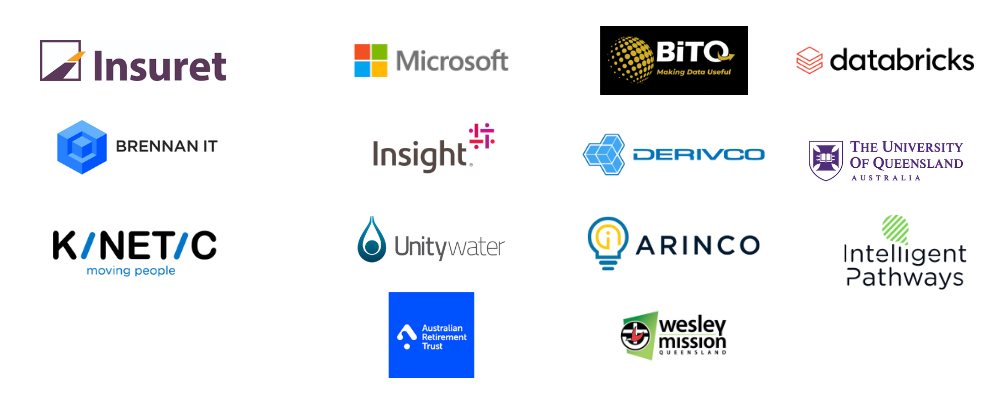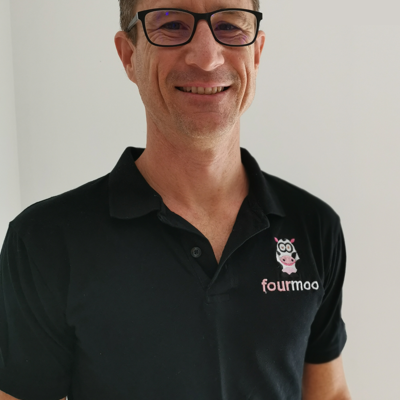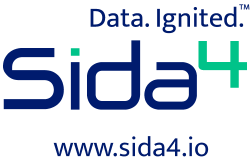
2:30pm - 7:30pm
Join the Conference
The Brisbane Data Analytics and AI Bootcamp is a free one-day event for people passionate about Data Analytics and Artificial Intelligence across a range of technologies.
In 2024, we welcomed over 170 attendees from 125 different companies. The average satisfaction rating was 4.79 out of 5.
This year’s event features shorter, more focused sessions!
The Brisbane Bootcamp Experience
Important Dates
30 May 2025: Open Call for Speakers (Link)
29 May 2025: Registration Opens
19 June 2025: Call for Speakers Closes
20 June 2025: Final Agenda
16 July 2025: Event
Did you miss the Bootcamp?
You can get your ticket for the upcoming Level Up Your Data Workshops & Conference in November 2024.
REGISTER
Register only if you are going to attend the event. This will help to organise the logistics and avoid food waste.
Just a heads up! If you request a ticket but do not attend, we will place you on a waitlist for future events. We want to ensure everyone gets a chance to attend.
Bootcamp Program
Registration
I locked 1000 architects in a room until they all agreed on the best solution
What happens when you put 1,000 of the sharpest minds in software architecture together and challenge them to solve a problem? Chaos? Genius? Maybe both. This session will cover the wild process that led to one solution to rule them all. But here's the kicker: the secret weapon wasn’t endless debate or sheer luck—it was something smarter, faster, and way cooler than we could’ve imagined. Come see how we broke the rules and redefined what’s possible in modern architecture. Will you agree with their choice? You'll have to come to this session to find out.
Fast at Fabric - Getting Started
Microsoft Fabric offers a unified analytics platform, but navigating the initial setup can be daunting. This session takes you from zero to fully operational in just 30 minutes. We’ll guide attendees through: - Signing up for a Microsoft Fabric trial and understanding the key requirements. - Common access errors when getting assigned to a tenant and how to resolve them. - Critical tenant admin settings that enable smooth onboarding. - Configuring workspace settings to optimise collaboration. - Spinning up a Fabric capacity resource to start building immediately. Attendees will leave with the confidence to set up their Fabric environment efficiently, ensuring they are fast at Fabric from the very start.
I want to leverage AI – but I’m a little overwhelmed by my options
Whether you’re a beginner in IT or a seasoned professional in another area of IT, you’re likely aware of AI tools like Chat GPT and Copilot. But after supplying a few prompts to one of the LLMs on the market, you’d like to take your skills to the next level – but where should you start? This session will guide you through the maze of Copilot, Copilot Studio and AI Foundry so that you can start making sense of everything AI on the Microsoft Platform – which encompasses many non-Microsoft LLMs. This short session should help to cut through the noise and leave you with some options of the next steps on your AI journey.
How I Reduced My Power BI Dataset By 60%
How to optimize Power BI Datasets to ensure that they can run as fast as possible with the smallest amount of memory possible. The session will cover the following topics: Data Modelling with the Star Schema Looking at columns in the dataset Data Types and how this affects the size of your dataset Using DAX Studio for analysis of datasets Real world optimizations that I put into practice
Local Intelligence: Running LLMs Natively, No Cloud Required
Imagine an AI that runs entirely offline—fast, private, and directly connected to your application’s logic. In this session, we’ll explore how locally hosted large language models (LLMs) can interpret natural language prompts and invoke real-time functionality without ever touching the cloud. From smart environments to embedded devices, we’ll demonstrate how this approach unlocks new possibilities for responsiveness, autonomy, and data sovereignty. We’ll wrap by showing how .NET 9’s new AI-native method invocation makes this not just possible—but practical.
Short Break
Considerations for an Enterprise Power BI or Fabric Implementation
When implementing Power BI or Microsoft Fabric in any enterprise, there are many options that the project team faces, and the choices are not always obvious. The different approaches are often dictated by organisational constraints, which are often different for many organisations. In this session, Craig will share with the audience the main areas of consideration which impact how your company goes about implementing Power BI or Microsoft Fabric in a secure and governed fashion. The audience will walk away from the session with a basic understanding of what their organisation needs to consider for the effective management of their analytics, reporting, and AI environments.
LLMs + Semantic Models = Smarter SQL
Getting accurate Text-to-SQL results isn’t magic, you need two things: smarter language models and a clear semantic model that explains what your data actually means. LLMs are getting better at understanding natural language, but without structure, they still tend to guess or hallucinate. To explore this, I built a small experiment using a local DB setup, a semantic layer over a typical dataset , and a set of benchmark questions. I tested different models like o3-mini , Qwen3 to see how well they generate SQL when given proper context. The big takeaway? With the right metadata, even smaller local models can do surprisingly well, and running accurate Text-to-SQL on everyday hardware isn’t just possible, it’s only a matter of time.
Social Event
Bootcamp Speakers
Nigel Rablin
Fujitsu AI Delivery Lead
Jerry Gaines
CTO Sida4 and 4impact
Mimoune Djouallah
Microsoft Fabric CAT team
Martin Catherall
Doing data since day dot!
Heidi Hasting
Consultant
Gilbert Quevauvilliers
Power BI | Fabric | Data Consultant | Architect | Microsoft MVP | Fourmoo
Jernej Kavka
Microsoft AI MVP, Solution Architect @ SSW
Bronwen Zande
Director Soul Solutions
Craig Bryden
Principal Consultant: Data @ ADAICO
Why should you attend the event?
Pricing
Register now to book your spot
Early Bird pricing ends on August 31st!
PRE-CON WORKSHOPS
$597
- Choose a full-day workshop with topics like Power BI, Microsoft Fabric or Azure Data Services
- Learn from an industry expert through hands-on activities
- Includes full-day catering
CONFERENCE DAY
$597
- Choose from 18 different sessions
- Swag bag
- Includes full-day catering
PRE-CON WORKSHOPS + CONFERENCE DAY
$1047
- Become a Data Expert by attending a workshop and full-day conference
- Swag bag
- Includes full-day catering
All prices are in Australian Dollars.
World-class Industry Speakers
Learn from industry leaders who have spent years in the data space.
Venue
We are delighted to announce that both the Workshops and Conference sessions will be hosted at the prestigious Hilton. Renowned for its commitment to excellence, the Hilton sets the stage for an unparalleled event experience.
VENUE
Companies Attending the Event

Here's what people are saying:
Sponsored by:
Level Up Your Data
November
2024
Brisbane, Australia
Become a Data Expert
| Thank you for Signing Up |















